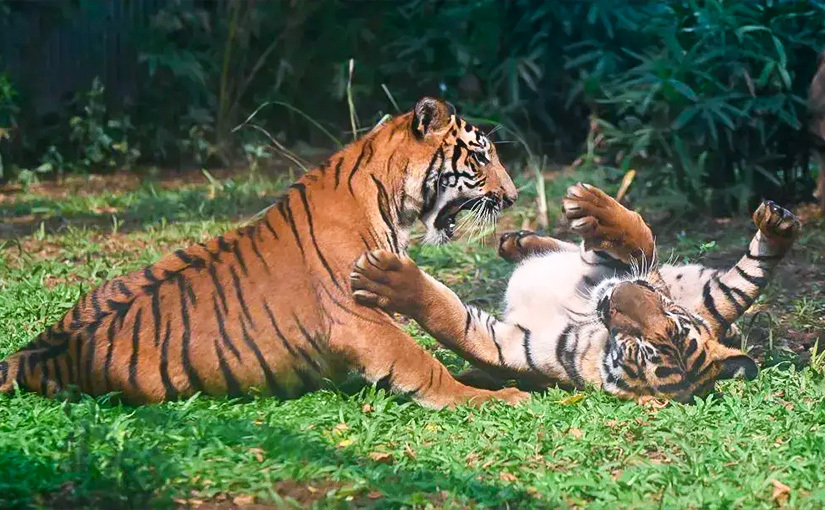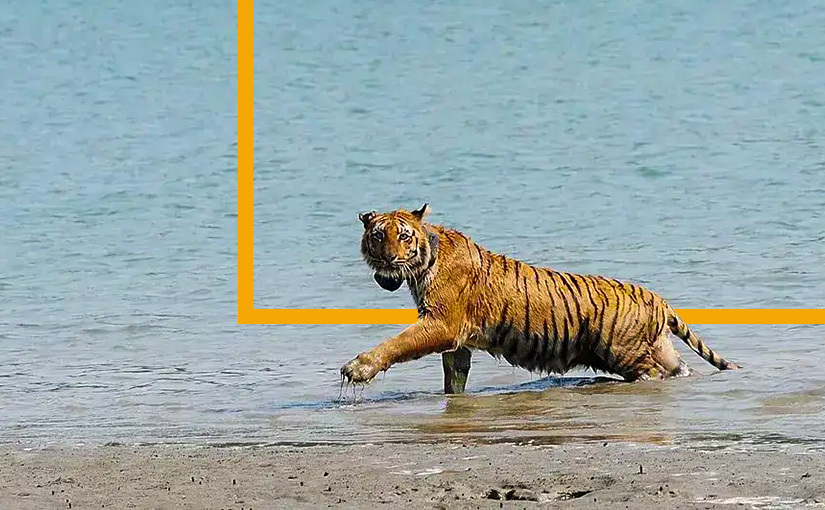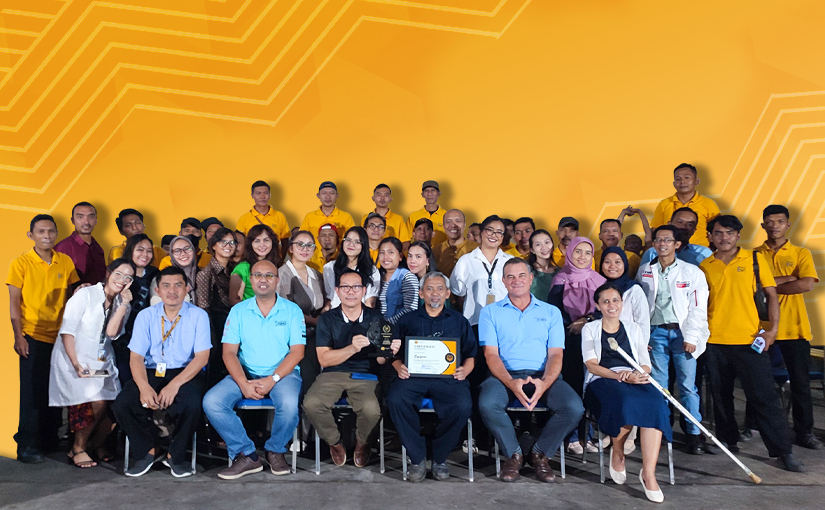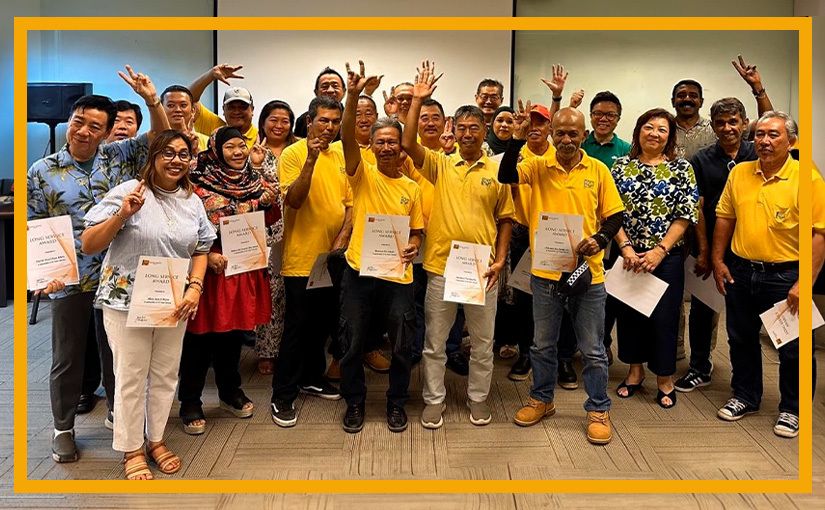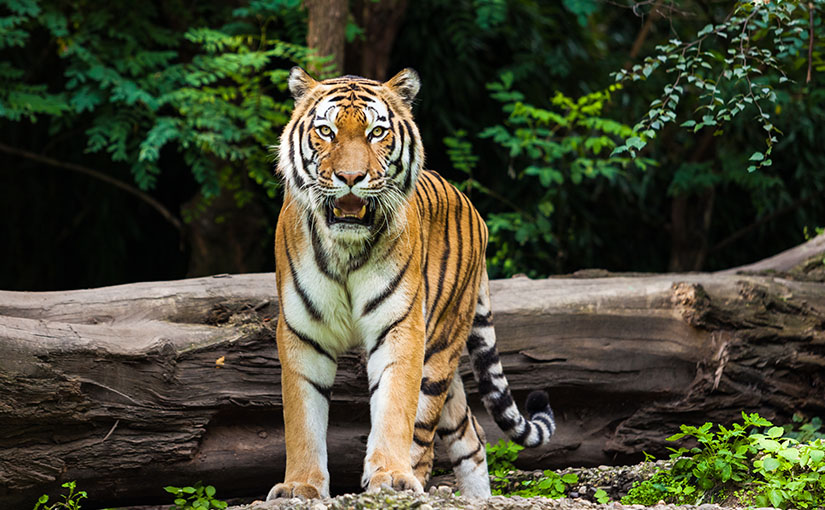Sustainability and Tigers
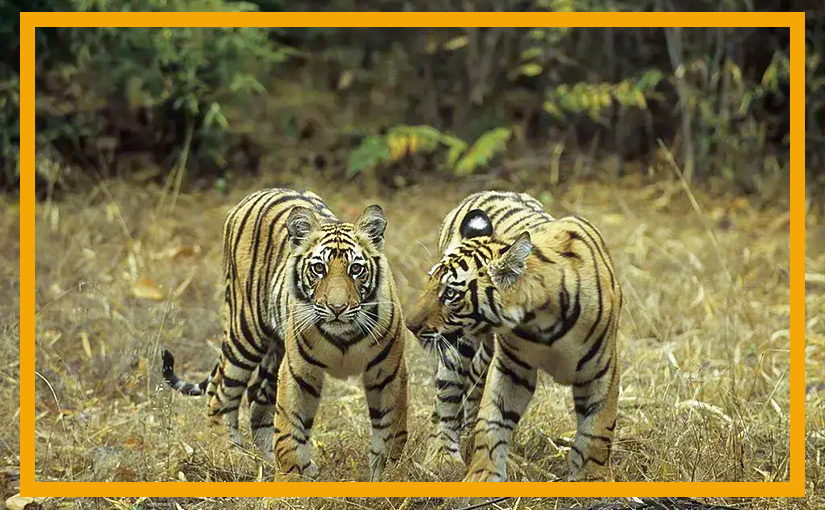
As stewards of global mobility, Asian Tigers Group recognizes that relocation isn’t just about moving belongings—it’s about embracing responsibility for the planet and supporting conservation efforts wherever possible.
India’s remarkable tiger conservation story is an inspiring example of how economic growth and environmental sustainability can—and must—coexist.
A Conservation Triumph with Global Implications
Over the past two decades, India’s tiger habitats have expanded by an impressive 30%, adding nearly 2,929 square kilometers of protected space every year. This resurgence is a testament to both government initiatives and the country’s unique cultural tolerance for wildlife. However, it also underscores the delicate balance between urban development and ecosystem preservation.
Tigers in India are not just surviving in national parks—they’re adapting to landscapes shared by millions of people, from small farming villages to bustling tourism hubs. This coexistence reflects a larger truth: conservation isn’t just about setting land aside—it’s about integrating sustainable practices into every aspect of development.
Sustainability: The Key to Wildlife and Economic Growth
For eco-conscious expats, the takeaway is clear—sustainability isn’t just an option, it’s the foundation for long-term prosperity. India’s data reveals that tiger populations thrive in regions that benefit from sustainable tourism and government-backed conservation incentives. On the other hand, areas plagued by habitat destruction, poaching, and political instability are seeing local extinctions.
The same principles apply when choosing a moving company. Supporting businesses that commit to sustainable logistics, eco-friendly packaging, and carbon-conscious operations is a tangible way to ensure that personal relocation decisions align with global conservation values.
At Asian Tigers Group, we are committed to environmental responsibility. Our corporate sustainability initiatives reflect our dedication to reducing carbon footprints, promoting ethical supply chains, and ensuring our operations contribute positively to the communities we serve.
The Future of Conservation: Lessons for Expats in Asia
India’s experience highlights an ongoing debate in conservation: should we separate humans and wildlife (land sparing) or encourage coexistence (land sharing)? Both approaches have merit, and both are essential for protecting large carnivores in human-dominated landscapes.
For expats relocating to Asia, this dilemma mirrors the broader challenge of sustainable living. Choosing an environmentally responsible home, engaging in community-driven conservation efforts, and supporting ethical businesses can all make a difference.
Tiger conservation in India isn’t just about protecting one species—it’s a model for how ecological responsibility can coexist with economic growth. As you embark on your journey to Asia, partnering with a brand that prioritizes sustainability—like Asian Tigers Group—ensures that your relocation aligns with the values that matter most.
Your move isn’t just about changing locations—it’s about shaping the future. Let’s make it a responsible one.
Read the full article published on the BBC website here: https://www.bbc.com/news/articles/cly9d4n1rgmo
Read more about wild tiger conservation on the following pages:
– Adopt A Wild Tiger: How you can adopt a wild tiger and help save an iconic species
– How Do Tigers Supporters Connect to Earth?
– Learnings from Over 100 Tiger Conservation Areas
– Two Grown-Up Tigers Cubs are Moving to the Northwest of Tiger Range



